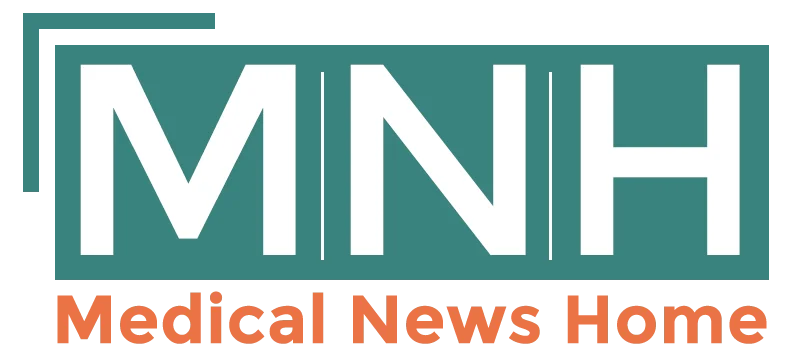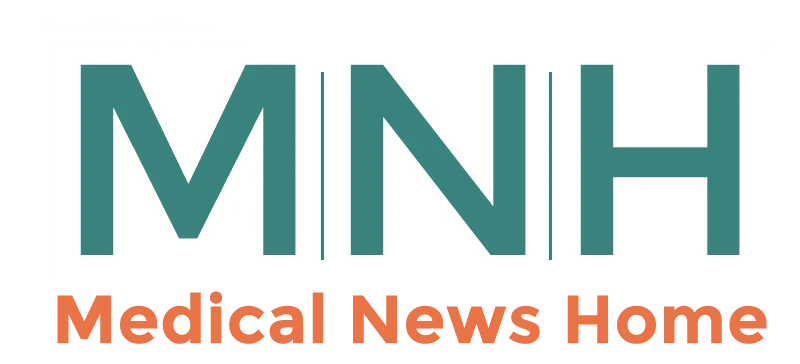Precision Medicine: Advancements in Personalized Healthcare
- Updated on: May 6, 2025
- Published on Jul 8, 2023

Precision medicine, also known as personalized medicine, is revolutionizing the healthcare industry by tailoring medical treatments to individual patients based on their unique characteristics. This innovative approach takes into account a person’s genetic makeup, lifestyle, and environmental factors to provide targeted and effective healthcare solutions. With the advancements in technology and research, precision medicine has the potential to transform how diseases are diagnosed, treated, and prevented. In this article, we will explore the concept of precision medicine and its significant contributions to personalized healthcare.
Introduction to Precision Medicine
Precision medicine is a paradigm shift in healthcare that emphasizes the customization of medical treatments based on an individual’s specific characteristics. Traditional approaches often adopt a one-size-fits-all approach, but precision medicine recognizes that each patient is unique and responds differently to treatments. By integrating information about a person’s genetic makeup, lifestyle factors, and environmental influences, precision medicine aims to provide targeted therapies that are more effective and have fewer side effects.
The Role of Genetics in Precision Medicine
Genetics plays a crucial role in precision medicine. Our genes contain instructions that determine our physical and biological traits, as well as our susceptibility to certain diseases. By analyzing an individual’s genetic information, healthcare professionals can gain valuable insights into the underlying causes of diseases and identify potential treatment options that are tailored to the patient’s genetic profile.
Genomic Sequencing and its Applications
Genomic sequencing, the process of determining the complete DNA sequence of an organism’s genome, is a cornerstone of precision medicine. Technological advancements have made genomic sequencing more accessible and affordable, allowing researchers and clinicians to analyse vast amounts of genetic data. This information can be used to identify genetic variations associated with diseases, predict disease risk, and guide treatment decisions.
Precision Medicine in Cancer Treatment
Precision medicine has had a profound impact on cancer treatment. By analyzing the genetic mutations present in a tumor, oncologists can identify targeted therapies that specifically attack the molecular abnormalities driving the cancer’s growth. This approach has shown remarkable success in improving treatment outcomes and prolonging the lives of cancer patients.
Pharmacogenomics: Customizing Drug Therapy
Pharmacogenomics is an emerging field within precision medicine that focuses on how an individual’s genetic makeup influences their response to medications. By understanding the genetic factors that affect drug metabolism and efficacy, healthcare providers can tailor drug therapies to maximize effectiveness and minimize adverse reactions. This personalized approach to drug therapy holds great promise in optimizing treatment outcomes.
Precision Medicine in Rare Diseases
Precision medicine also offers hope to individuals with rare diseases. These conditions often have complex and unique genetic components, making them challenging to diagnose and treat using traditional methods. By leveraging genomic sequencing and personalized approaches, researchers and clinicians can unravel the genetic underpinnings of rare diseases, leading to more accurate diagnoses and targeted interventions.
Integrating Data and Artificial Intelligence
The success of precision medicine relies heavily on the integration and analysis of large-scale data. Electronic health records, genomic data, and other relevant health information can be combined and analyzed using artificial intelligence (AI) algorithms. AI-powered systems can uncover patterns, make predictions, and generate insights that assist healthcare professionals in making informed decisions. This integration of data and AI has the potential to accelerate research, improve diagnostics, and enhance treatment outcomes.
Ethical Considerations in Precision Medicine
Ethical considerations play a vital role in the field of precision medicine. Here are some key points to consider:
- Privacy and Data Security: Precision medicine relies on collecting and analyzing personal genetic data. Protecting the privacy and security of this sensitive information is crucial. Measures must be in place to ensure that genetic data is securely stored, transmitted, and accessed only by authorized individuals.
- Informed Consent: Individuals participating in precision medicine initiatives should provide informed consent, fully understanding the purpose, potential benefits, risks, and implications of sharing their genetic information. Clear communication and transparency are necessary to empower individuals to make informed decisions regarding their participation.
- Stigmatization and Discrimination: The availability of genetic information raises concerns about stigmatization and discrimination. Genetic data may reveal information about an individual’s susceptibility to certain diseases or genetic traits that could be used to discriminate against them. Safeguards must be in place to prevent discrimination based on genetic information, both in healthcare settings and other areas such as employment and insurance.
Challenges and Limitations
Complexity of Data Interpretation: It is the complexity of interpreting and integrating vast amounts of genetic and clinical data. Analysing genetic information requires expertise and sophisticated algorithms to identify relevant genetic variations and their implications for disease. Standardizing data collection, analysis, and interpretation methods is crucial for the widespread adoption of precision medicine.
Cost and Accessibility: The cost of genetic testing and personalized therapies can be a significant barrier to implementing precision medicine. Genetic sequencing and analysis can be expensive, limiting access for individuals with financial constraints or residing in areas with limited healthcare resources. Ensuring affordable and accessible genetic testing and therapies is essential to promote equitable healthcare.
Infrastructure and Data Sharing: The successful implementation of precision medicine relies on robust infrastructure for data storage, sharing, and analysis. Collaboration and sharing of genetic and clinical data among healthcare institutions, researchers, and regulatory bodies are crucial to gain insights and develop effective treatments. Establishing secure and standardized systems for data sharing is essential to overcome infrastructure challenges.
Conclusion
Precision medicine represents a significant leap forward in personalized healthcare. By tailoring medical treatments to individual patients, taking into account their genetic makeup, lifestyle, and environmental factors, precision medicine offers the promise of more effective and targeted interventions. As this field continues to evolve, it is crucial to address ethical considerations, overcome challenges, and ensure equitable access to these innovative approaches. Precision medicine has the potential to reshape the healthcare landscape, empowering individuals and healthcare providers to make better-informed decisions and improve patient outcomes.


